**Disclaimer – Trigger Warning around the discovery of remains at residential schools**
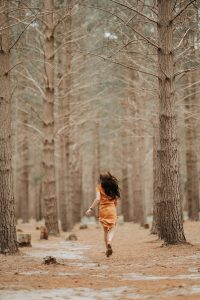
Photo by Taryn Elliott
With Canada Day right around the corner, it has me doing some reflecting on the country that I call home. A couple of years ago if you had asked me how I felt celebrating Canada Day as a Metis woman, I would have given you an answer that, probably most, Canadians would give. “I am proud to be Canadian. What a great country we live in. We are very fortunate to live in Canada!” However, if you asked me today how I feel about Canada Day, my answer is quite a bit different. I think to understand a bit about why Indigenous people feel so strongly the way they do, we first we need to understand a bit about what happened when our country was first made a country, so I will do my best to highlight a few things that I have learned about the inception of Canada.
Ever since the discovery of the 215 sets of remains in Kamloops, my thoughts around the Canada I thought I knew quickly dissolved. You see, growing up Metis, we always knew residential schools existed, in fact I was about 6 or 7 years old when the last residential school closed; however, my ancestors all passed away well before I could talk with them about residential schools and get their experiences (if any) surrounding residential schools and this was not something that was taught to us in school. Everything I have learned so far (and I continue to learn as much as I can) has been from research I have done on my own.
Last summer I read a very good book titled The North-West Is Our Mother, written by Jean Teillet. This is where my eyes were first opened to how horribly our people were treated. I do want to preface that this book speaks only about the hardships Metis people faced as Canada became a country, this book specifically talks about Louis Riel and the Metis people.
As we all know, Canada’s first Prime Minister was Sir John A. MacDonald and I have to say that I did not know the type of man he was and his views on “Indians.” To start, he was very instrumental in the development of residential schools; in fact, he was quoted to say “When the school is on the reserve, the child lives with his parents who are savages; he is surrounded by savages…He is simply a savage who can read and write.” He is also quoted as saying, “The execution of the Indians ought to convince the Red Man that the White Man governs.” How can anyone read these quotes and say this isn’t damning evidence that the very first Prime Minister of Canada wanted the Indigenous people gone? And we wonder why we haven’t “gotten over it” as so many people like to tell Indigenous people.
Of course, Sir John A. MacDonald wasn’t the only bad guy out there, but he was one of the first our ancestors had to deal with.
So, for Canada Day this year you will not see a Canadian flag being flown at my house, I will proudly fly my Metis flag. For Canada Day, I will pause and remember those who came before me and fought to save our culture and the languages of our Indigenous ancestors, for all the families who finally have some sort of peace after the remains of their loved ones were found, and I will also remember those sweet souls who still are not at peace, waiting to be discovered so their families can have the closure they deserve.
To anyone wondering how they can “celebrate” Canada Day differently this year, I have a few different suggestions. First, you can start by enrolling in the free Indigenous Canada through the University of Alberta. There are a few books you can read to help educate yourself even more. I recommend The North-West is Our Mother bye Jean Teillet, who is the great-grandniece of Louis Riel; and the other book I recommend is Final Report of the Truth and Reconciliation Commission of Canada, Volume One: Summary: Honouring the Truth, Reconciling for the Future .
These are just a couple of ways to start the education process to become a better ally for the Indigenous community. You can also reach out to some local elders in your area to ask them for more information, but please be sure to research the proper customs of speaking and meeting with elders in your community and find out appropriate gifts to take to the elders.
This year for Canada Day, my hope is to continue the conversations around reconciliation and for more people to stop and reflect on the foundation that Canada is based on, because that is not the Canada I want to raise my children in.
If looking for mental health support:
Former residential school students can call 1-866-925-4419 for emotional crisis referral services and information on other health supports from the Government of Canada. Indigenous peoples across Canada can also go to The Hope for Wellness Help Line 24 hours a day, 7 days a week for counselling and crisis intervention or call the toll-free Help Line at 1-855-242-3310
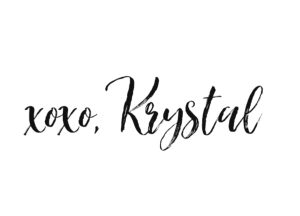


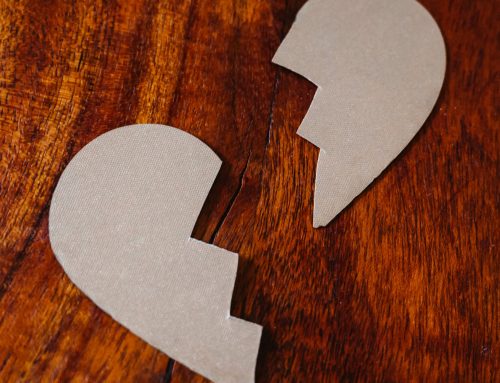
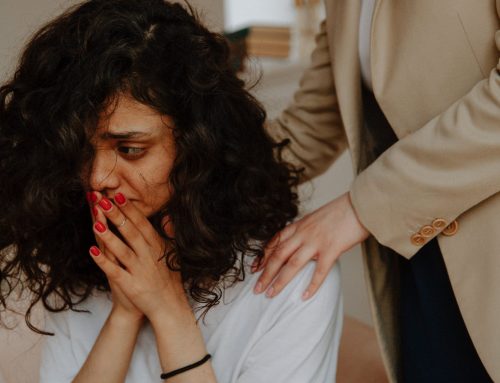
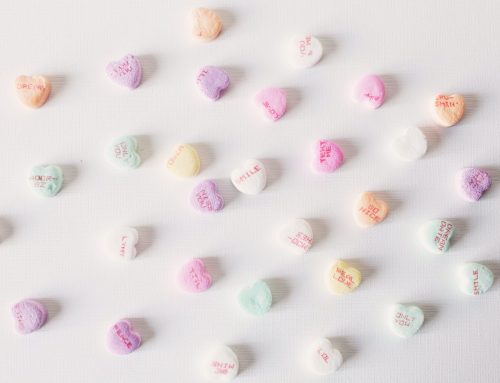
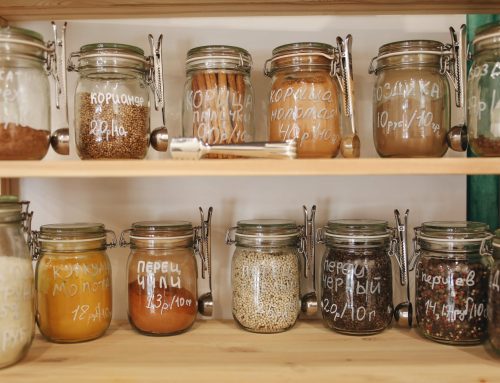
Leave A Comment